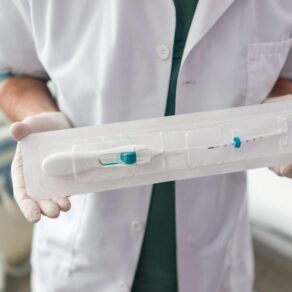Introduction: pregnancy can drink coffee
The consumption of coffee during pregnancy has been a topic of debate among expectant mothers and healthcare professionals alike. While some advocate for moderation, others advise complete avoidance. Understanding pregnancy can drink coffee the potential risks and benefits associated with drinking coffee during pregnancy is essential for expectant mothers seeking to make informed decisions about their prenatal health and well-being.
The Role of Coffee in Pregnancy
Coffee, a widely enjoyed beverage globally, contains caffeine, a stimulant that can cross the placenta to the fetus. Extensive research on caffeine’s effects during pregnancy suggests potential risks with excessive intake.
The Debate: Risks vs. Benefits
On one hand, caffeine consumption during pregnancy has been linked to an increased risk of miscarriage, preterm birth, low birth weight, and fetal growth restriction. High caffeine intake may also contribute to pregnancy complications such as gestational hypertension and gestational diabetes.
On the other hand, moderate coffee consumption during pregnancy has not been definitively linked to adverse outcomes in all studies. Some research suggests that consuming small to moderate amounts of caffeine, usually less than 200 milligrams per day (about one 12-ounce cup of coffee), might not pose significant risks to maternal or fetal health.
Considerations for Expectant Mothers
When deciding whether to consume coffee during pregnancy, expectant mothers should consider the following factors:
- Individual tolerance varies; what’s tolerable for one woman may cause discomfort or adverse effects in another due to differences in caffeine metabolism.
- Total Caffeine Intake: In addition to coffee, caffeine is found in various foods, beverages, and medications. Expectant mothers should be mindful of their total caffeine intake from all sources to avoid exceeding recommended limits.
- Pregnancy Stage: The potential risks of caffeine consumption may vary depending on the stage of pregnancy. Some experts recommend limiting caffeine intake, particularly during the first trimester when fetal development is most vulnerable.
- Expectant mothers should consult healthcare providers for personalized guidance on caffeine consumption during pregnancy.
Conclusion: Navigating the Gray Area
The question of whether pregnant women can drink coffee does not have a one-size-fits-all answer. While excessive caffeine intake should be avoided due to potential risks, moderate consumption may be permissible for some women. Ultimately, expectant mothers should prioritize their prenatal health and well-being by making informed decisions in consultation with their healthcare provider. Women can navigate the gray area of coffee consumption during pregnancy with confidence and peace of mind by considering the potential risks and benefits.





